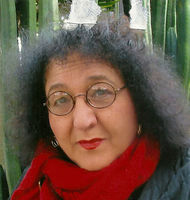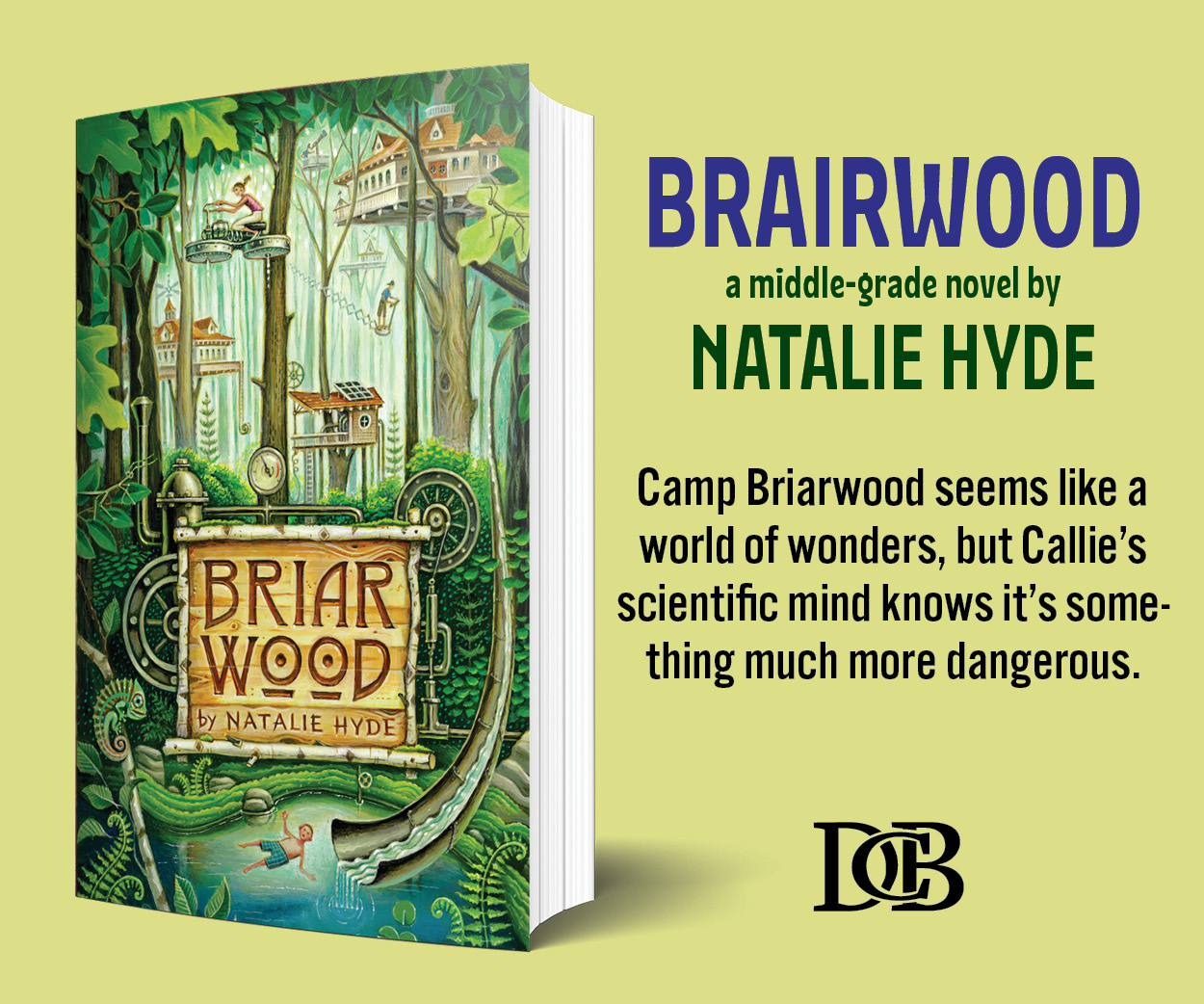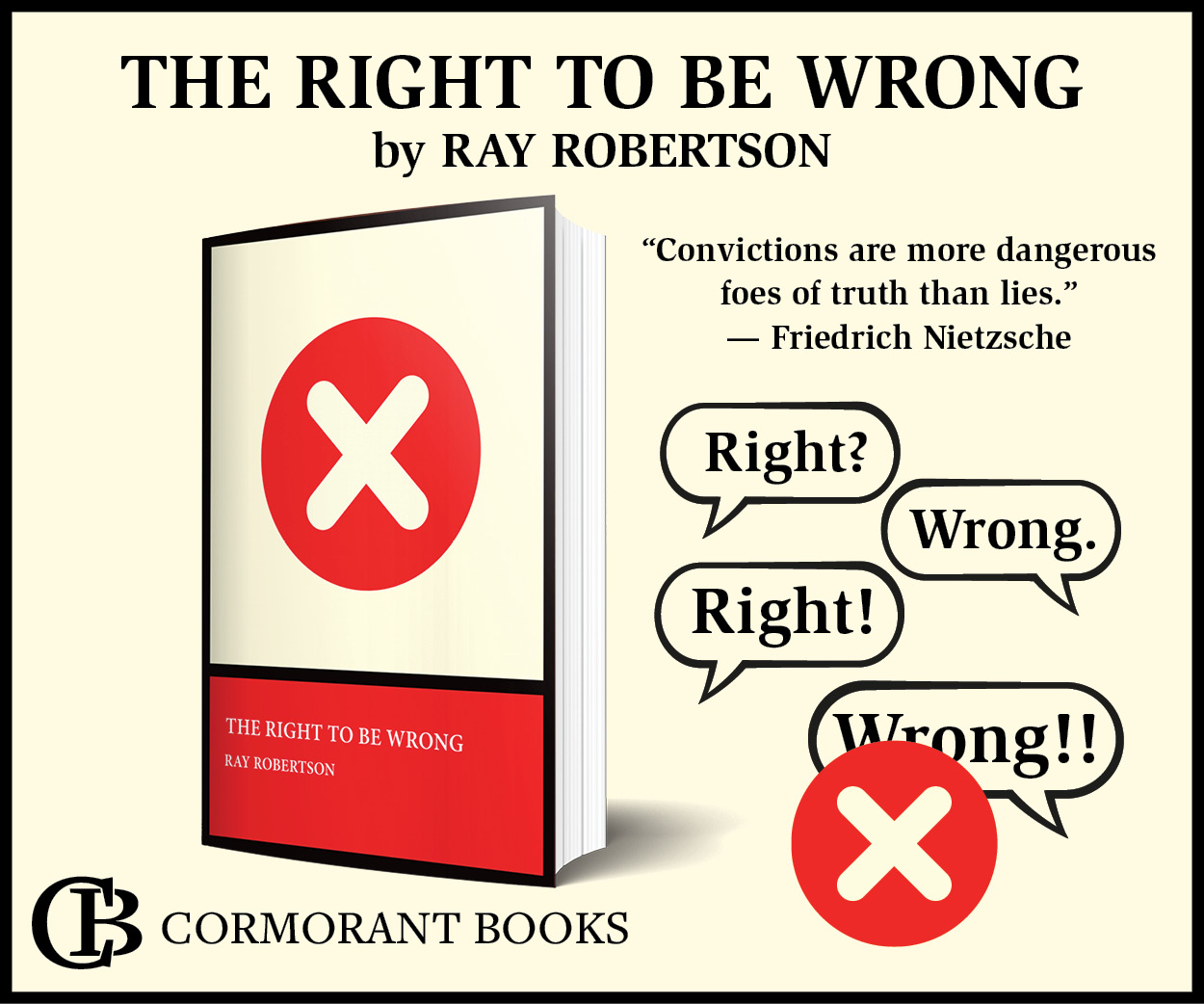The Proust Questionnaire, with Gianna Patriarca
Gianna Patriarca's story collection All My Fallen Angelas (Inanna Publications) spans the decades from the 60s to the present day, telling the stories of a memorable cast of Italian-Canadian women living in Toronto. From loneliness and motherhood to work and marriage, Patriarca's stories dig into the unseen layer of women's lives, exploring violence, love, and change. The stories also represent a historical lens, showing the way women's roles and experiences evolved, sometimes changing drastically, sometimes remaining frustratingly limited. As intimate as a whispered late night conversation in a kitchen, these stories have earned significant praise, including Nino Ricci's description of the collection as "beautifully told stories... [that] will charm you and chill you and break your heart."
We're pleased to welcome Gianna to Open Book for our own version of the secretive kitchen conversation -- our version of the revealing Proust Questionnaire! She tells us about some words of wisdom from her mother, the joy of teaching young children, and her heroes in the pages and beyond,
What is your dream of happiness?
Happiness, the ultimate illusion we crave, endlessly, in all kinds of impossible dreams. I find happiness in many small moments in my life. The laughter and stories shared with my 92 year old mother, playing with my great niece and nephew, cooking and sharing a good meal, writing a good poem, enjoying a great film, conversations with friends... little things that make life precious.
What is your idea of misery?
To know that people I love are hurting, that makes me miserable.
Where would you like to live?
I miss the green rolling hills of my childhood in a small town in Italy. I have re-discovered beautiful hills visiting New Zealand where my husband is from. If I could I would live on a hill overlooking the ocean in New Zealand or in Sicily surrounded by lemon groves and olive trees.
What qualities do you admire most in a man?
Generosity, humour, compassion, loyalty, and a work ethic.
What qualities do you admire most in a woman?
Generosity and warmth, courage, humour, and self esteem.
What is your chief characteristic?
I can be very sentimental and much too trusting, so much so that my mother, (in her Italian dialect) often says: "figlia mia sei grossa e fessa" which translates in "my daughter you are big and gullible".
What is your principal fault?
I do not easily forget the wrongs that others may have expressed towards me. I tend to carry their sting for a long time.
What is your greatest extravagance?
I love to buy books and to treat all the children in my life with books, children’s books can be expensive, it keeps me poor. And I love to eat in good restaurants. And I do have a weakness for shoes. Red ones.
Your CanLit News
Subscribe to Open Book’s newsletter to get local book events, literary content, writing tips, and more in your inbox
What faults in others are you most tolerant of?
I try to be patient with faults, we all have things that others must tolerate. It depends on the individual person and the extent of the irritation.
What do you value most about your friends?
Honesty, sincerity and loyalty. I want to know we can depend and trust each other.
What characteristic do you dislike most in others?
Arrogance, pretention, and entitlement, they drives me insane.
What characteristic do you dislike most in yourself?
My quick temper and sometime angry reaction to things that upset me.
What is your favourite virtue?
I appreciate sincerity, respect, and openness in people and myself. I have little time for people who judge others and who believe they are better than others.
What is your favourite occupation?
I loved teaching little children, it was the most fun I had for more than 30 years in the elementary classroom. Little children see through the falsities, if they love you, then you know you deserve it. Their imagination, their reactions, their appreciation is real, and so intoxicating.
What would you like to be?
Everything and everyone. Each day a new dream, a new possibility, singer, dancer, actor, writer, painter, a grandmother, a bird... endless... endless...
What is your favourite colour?
Red.
What is your favourite flower?
Oh too many to choose, but I do love the passion fruit flower, they grew beautifully in my nonna’s garden in Italy and I have many photos of myself as a child with the flower in my hands.
What is your favourite bird?
I love seagulls, don’t know why, it is that haunting sound they make. But so many other birds are lovely, the blue jay is pretty cool and the cardinal, and parrots.
What historical figure do you admire the most?
I was growing up in the 60’s a young immigrant girl and Martin Luther King Jr. and John Kennedy were people who shaped my thinking and my political views, I have a deep connection to that period.
What character in history do you most dislike?
The cruel ones and there were many, where to begin... Mussolini, Hitler, Pinochet, Stalin...
Who are your favourite prose authors?
I cannot choose, too many, but a few names come quickly to mind, Cesare Pavese, Sherwood Anderson, James Baldwin, Frank McCourt, Margaret Laurence, Dacia Maraini, Janet Frame...
Who are your favourite poets?
Gwendolyn MacEwen, Rocco Scotellaro, Pier Paolo Pasolini, Gwendolyn Brooks, Nikki Giovanni, Dorothy Livesay, Pier Giorgio Di Cicco, James Baxter, Ted Hughes, Antonia Pozzi, and about a thousand others...
Who are your favourite heroes in fiction?
I am not sure I would call them heroes, but the characters who have remained with me are many, the following are just a few: Neilie in A Tree Grows in Brooklyn, Cinzia, in Moravia’s Two Women or its Italian title La Ciociara, Serafina in The Rose Tatoo, Scout in To Kill A Mockingbird, Holden Caulfield in The Catcher in the Rye... oh i could go on.
Who are your heroes in real life?
My mother and my aunts, amazing women who taught me strength, love, compassion, and how to make a great tomato sauce.
Who is your favourite painter?
Modigliani, Caravaggio. And many of my talented friends whose work I collect, brilliant painters.
Who is your favourite musician?
All of them, I love music, but let me give a little hands up to Leonard Cohen, Pino Daniele, Dylan, and The Band.
What is your favourite food?
Can’t live without pasta and tomato sauce, home made.
What is your favourite drink?
I’m boring on this front... fresh water, very cold, and espresso coffee.
What are your favourite names?
Love Giacomo, my grandpa’s name, and Gia, my daughter’s.
What is it you most dislike?
Disrespect, rudeness, and cruelty to others. And bad personal hygiene.
What natural talent would you most like to possess?
A singing voice... my mother has a wonderful voice and it brings me such joy to hear her sing the old Italian ballads and hymns.
How do you want to die?
Preferably lying down in a nice warm bed, and very very drunk so I am not expecting it.
What is your current state of mind?
Worried. It’s an “Italian thing.”
What do you consider your greatest accomplishment?
My daughter, my marriage, and my 10 books.
What is your motto?
It’s life, it only happens to the living. Live it well and love a lot.
_________________________________________________
Gianna Patriarca was born in Italy and immigrated in 1960 as a child. Her publications include seven books of poetry and one children's book. Her first collection, Italian Women and Other Tragedies, was runner-up to the Milton Acorn People's Poetry Award and in 2009 was translated into Italian and launched at the university of Bologna and Naples. My Etruscan Face was shortlisted for the Bressani Literary Award in 2009. Her work is extensively anthologized in many Canadian, American and Italian publications, and is on university course lists in all three countries. Her work has also been adapted for the stage and for CBC radio drama, and has been part of the documentary Pier 21 with TLN. She lives and works in Toronto.




